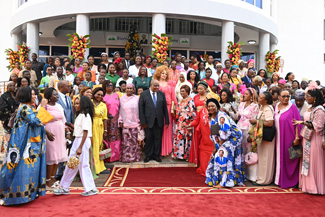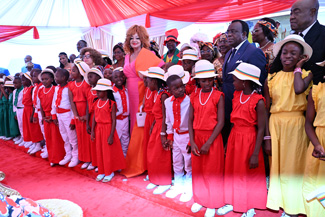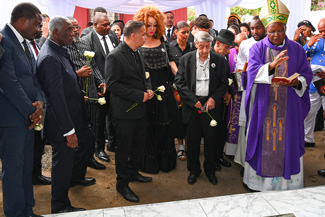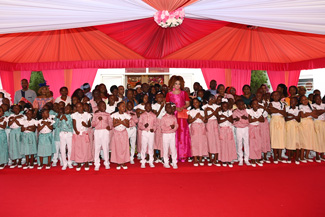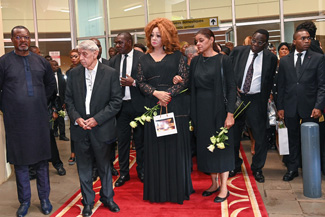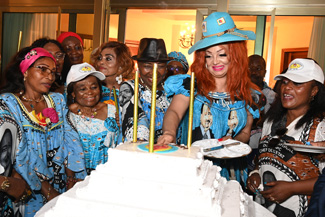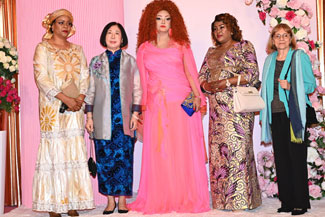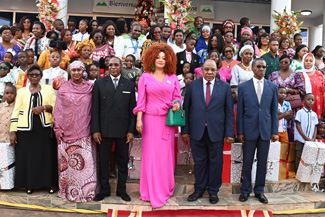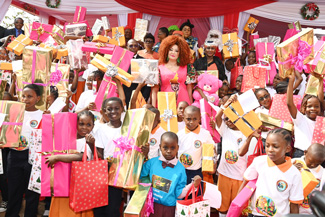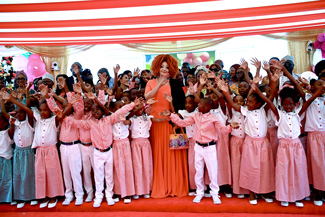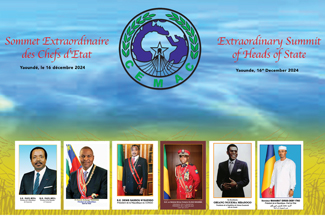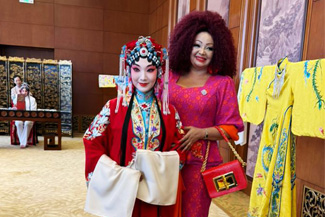Cameroon has embarked on an ambitious programme for economic emergence by 2035.
The President of the Republic, H.E. Paul Biya, has transformed Cameroon into a work site for economic emergence, that is, "a country that creates and distributes wealth fairly; a country that offers equal development opportunities to all; a country with strong and sustainable growth; a country with enhanced food security, in a word, a country that ensures happiness for all."
The challenges are immense and meeting them requires total and unwavering commitment from all Cameroonians in towns and villages, within and outside the country. Cameroonians in the diaspora, most of them graduates of prestigious schools, and who excel in their fields of activity are invited to use their expertise to develop Cameroon. Economic Emergence also requires opening up to partners and foreign investors willing to support our development.
In this regard, major structuring projects being executed throughout the country are key levers. The other face of this great mobilization focuses on agriculture, mining, oil and gas, environmental protection and related industries, services of high economic value, especially in finance, insurance, information and communication technologies and, broadly speaking, the digital economy. These major sectors are promising for the youth and for the country as a whole. They can be summed up into 4 (four) poles of economic activity:
Agricultural and environmental pole
- environmental protection;
- ecosystems preservation;
- agricultural revolution to usher in the second generation agriculture.
Industrial production and processing pole
- construction of thermal power plants;
- construction of hydroelectric dams;
- construction of the Kribi gas plant to generate sufficient electricity for the country's economy;
- establishment and management of SMEs/SMIs.
Services and new technologies pole
- improving the level of transport infrastructure: road, rail, sea, etc.
- improving hospitals and health centres;
- developing basic education;
- increasing the number of schools and nursery, primary and secondary, technical and vocational educational institutions;
- improving the supply of academic, university and vocational training;
- increasing the supply of social and telephone communication (fixed-line and mobile);
- ensuring high-speed internet access and social networks.
Governance pole
- sound and rigorous management of public finances;
- continuation of the merciless fight against corruption and misappropriation of public funds;
- involvement of all institutions tasked with fighting these scourges: the National Anti-Corruption Commission (NACC), the National Agency for Financial Investigation (NAFI), the Audit Bench, the Special Criminal Court (SCC) .


